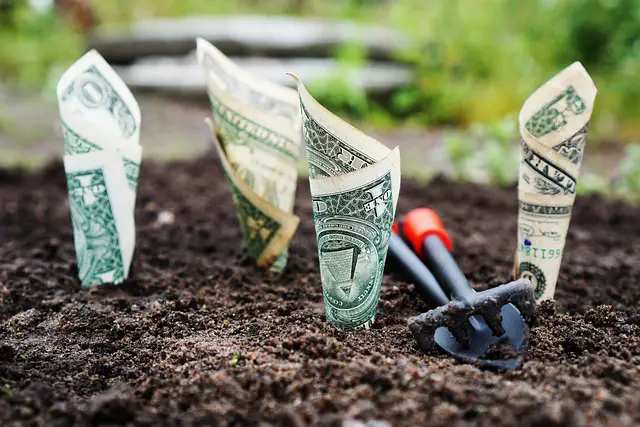As we navigate through life, we all have financial goals that we want to achieve. These goals could be short-term or long-term, but one thing is certain: to achieve them, we need to develop good money habits. Developing good money habits is not always easy, especially in a world where we are constantly bombarded with advertisements and peer pressure to spend. However, with a little discipline and determination, you can develop good money habits that will lead to long-term financial success.
In this article, we will discuss how to develop good money habits for long-term financial success. We will cover everything from creating a budget to investing for the future. So, let’s get started.
Understand your current financial situation
The first step to developing good money habits is to understand your current financial situation. You need to know how much money you are earning, how much you are spending, and where your money is going. This will help you identify areas where you can cut back on expenses and start saving more money.
Create a budget
Creating a budget is one of the most important things you can do to develop good money habits. A budget helps you track your income and expenses, and it ensures that you are living within your means. When creating a budget, make sure to include all of your expenses, both fixed and variable, and set aside some money for savings.
Live within your means
Living within your means is an essential part of developing good money habits. It means that you should not spend more than you earn. If you find yourself struggling to live within your means, then it may be time to re-evaluate your spending habits and make some changes.
Pay off debt
Paying off debt is another critical step in developing good money habits. Debt can be a significant burden, and it can prevent you from achieving your financial goals. Make a plan to pay off your debt as quickly as possible, and avoid taking on new debt unless it is absolutely necessary.
Save for emergencies
Emergencies can happen at any time, and having an emergency fund can help you avoid financial stress. Make sure to set aside some money for emergencies, such as car repairs or medical expenses.
Save for the future
Saving for the future is essential if you want to achieve long-term financial success. Whether you are saving for a down payment on a house or for retirement, it’s important to make saving a priority. Make sure to set aside some money each month for your long-term financial goals.
Invest for the future
Investing for the future is another critical step in developing good money habits. Investing can help you grow your money and achieve your financial goals. If you are new to investing, it’s a good idea to start with a small amount of money and educate yourself on the different investment options available.

Avoid lifestyle inflation
Lifestyle inflation is when you increase your spending as your income increases. It’s easy to fall into the trap of lifestyle inflation, but it can be detrimental to your long-term financial success. Instead of increasing your spending, try to increase your savings and investments.
Track your progress
Tracking your progress is an essential part of developing good money habits. It helps you stay motivated and accountable. Make sure to track your income, expenses, savings, and investments regularly, and adjust your habits as necessary.
Stay disciplined
Developing good money habits takes discipline and determination. It’s important to stay committed to your financial goals and avoid temptation. Remember why you started developing good money habits in the first place, and stay focused on your long-term financial success.
FAQs
Q1. What are some good money habits to develop?
A1. Some good money habits to develop include creating a budget, living within your means, paying off debt, saving for emergencies and the future, investing, avoiding lifestyle inflation, tracking your progress, and staying disciplined.
Q2. How can I start saving more money?
A2. To start saving more money, you can try cutting back on unnecessary expenses, such as eating out or buying expensive clothing. You can also set a savings goal and create a budget to help you stay on track.
Q3. Is it important to have an emergency fund?
A3. Yes, it’s important to have an emergency fund to avoid financial stress when unexpected expenses arise.
Q4. How do I avoid lifestyle inflation?
A4. To avoid lifestyle inflation, try to increase your savings and investments instead of your spending. Keep your lifestyle expenses in check, and avoid making unnecessary purchases just because you have extra money.
Q5. What are some good investment options for beginners?
A5. Some good investment options for beginners include index funds, mutual funds, and exchange-traded funds (ETFs). It’s important to do your research and educate yourself on the different investment options available before making any investment decisions.
Conclusion
Developing good money habits is essential for long-term financial success. By understanding your current financial situation, creating a budget, living within your means, paying off debt, saving for emergencies and the future, investing, avoiding lifestyle inflation, tracking your progress, and staying disciplined, you can achieve your financial goals and improve your overall financial well-being. Remember, developing good money habits takes time and effort, but the rewards are well worth it in the end. So, start taking action today, and take control of your financial future.


